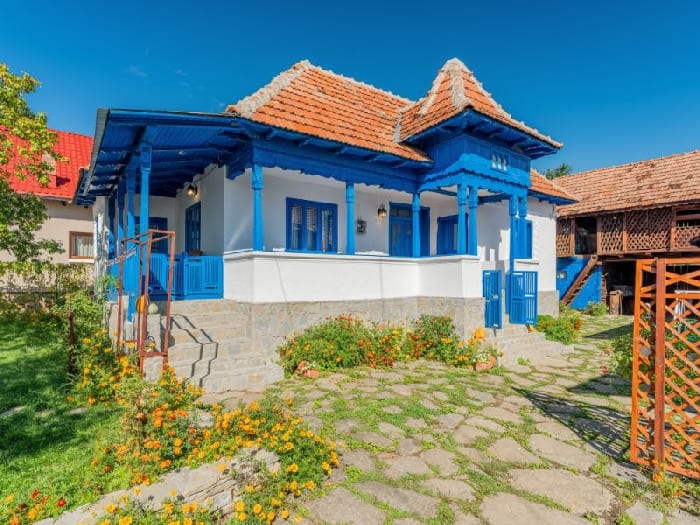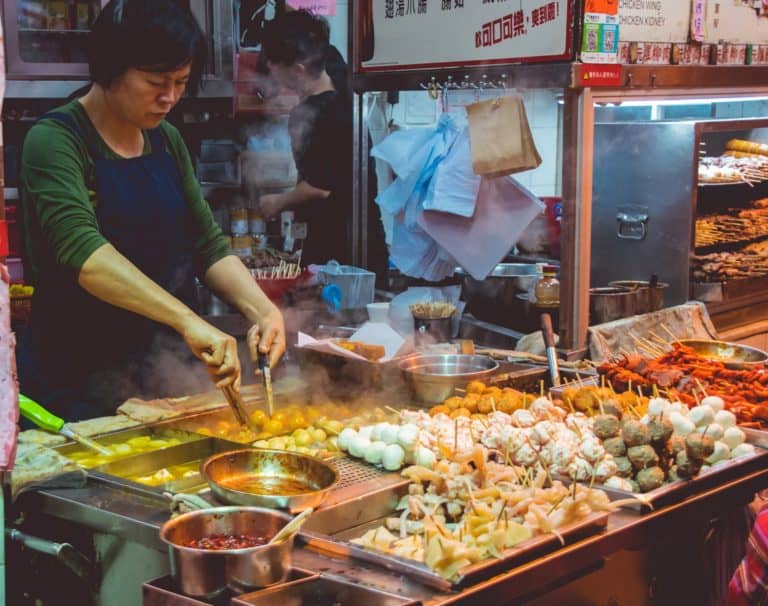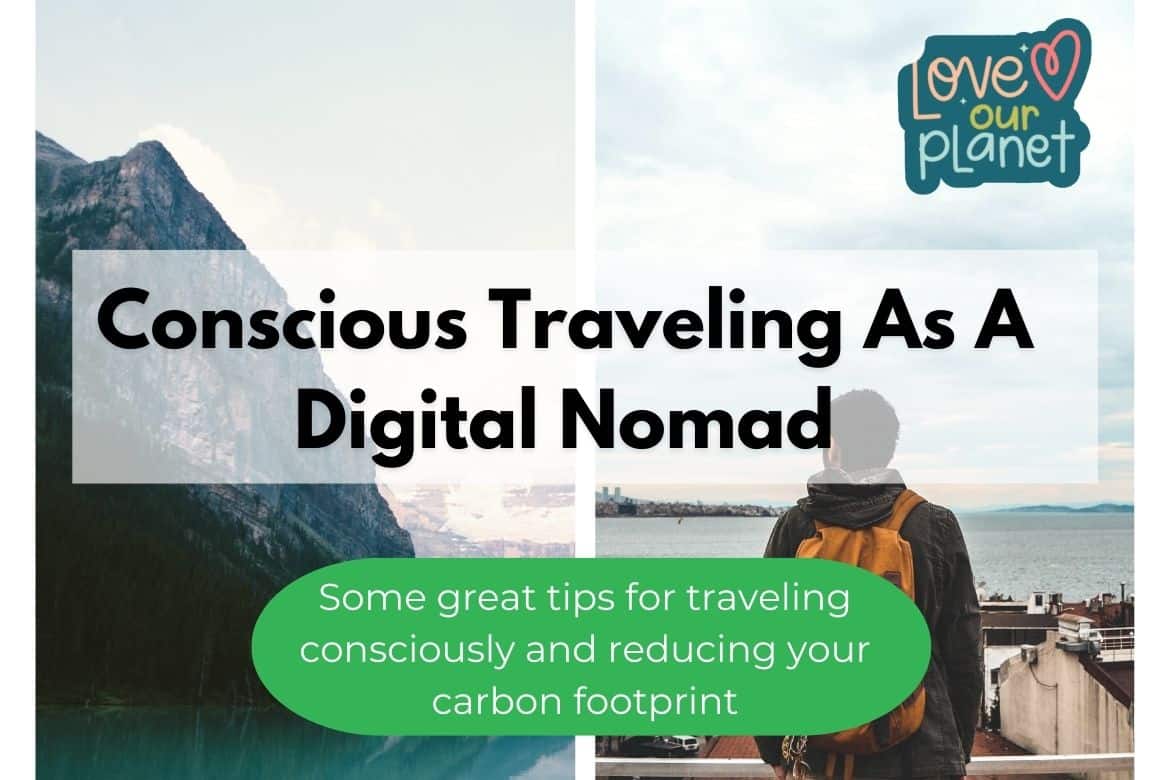We as travelers explore other places to see the world past our borders and to gain memorable experiences and cultural knowledge.
With more people choosing to travel in recent years, the rise of overtourism has been detrimental in popular tourist destinations. Conscious travel is a long-term approach that has arisen to reverse trends connected to overtourism and revolutionize the way we travel.
What is conscious travel?



Conscious travel is traveling with an awareness of how you are affecting local communities and cultures coupled with a dedication to positively impact the places you visit.
We should care about conscious travel because our world is made special by the unique and distinct cultures that define every area of the globe.
Conscious travel is revitalizing the travel industry because travelers are taking action to learn about and preserve the communities and cultures they travel to from local leaders and business owners in addition to buying goods and services from local businesses to support local economies.
Do your research
What are some local businesses that I can support in the community?
Are there guesthouses, B&Bs, or homestays where I can stay that are owned and operated by locals?
Are there locally-run street food markets or restaurants where locally grown ingredients and traditional cuisine are featured?
Stay in locally-owned accommodation

Since conscious travel supports the local communities you travel to, staying in accommodation properties run by locals is one of the biggest ways you can have a positive impact. Guesthouses, B&Bs, homestays, and other types of accommodation that are locally-owned tend to have a cozy, homey atmosphere with more personalized, culturally-relevant experiences.
To find locally-owned accommodation when you travel, you can search on accommodation booking websites for guesthouses, bed-and-breakfasts, and homestays that are run by locals, have favorable reviews, and are well-connected to other local businesses and organizations. By opting to stay in locally-owned accommodation, you will learn about and experience the local culture and directly benefit a local business.
Eat your meals at local restaurants and from street markets

Eating in locally-owned restaurants and buying food from street markets instead of international chain restaurants helps you to connect more with the local culture by supporting the authentic cuisine native to the community, as well as eating meals prepared with locally-grown ingredients.
You can discover locally-owned restaurants and street markets by asking locals either at your accommodation, through tours, and at public information centers as well as reading trustworthy sources online written by travelers who fully advocate for and support local communities and authentic travel experiences.
Use public transportation

Choosing to use public transportation when going from place to place in a city or town can help you to consciously travel because you will be minimizing your carbon footprint and caring for the local environment.
If you can travel within a city by using a public transportation system like a public bike share program, the city’s bus system, or even by walking to places with your own two feet, it’ll allow you to reduce your carbon footprint much more than if you rent a car.
Language barriers and unfamiliar public transportation services can be challenging to navigate in different countries. The best thing to do is research ahead of time and ask employees at public information centers or the local guesthouse, B&B, or homestay that you are staying at for directions and tips. This will help you to protect the local environment, reduce your carbon footprint, and travel consciously.
Using less single-use plastics

In addition to reducing your carbon footprint by choosing to use public transportation, you can travel consciously by decreasing your dependence on single-use plastics when you are exploring new places. It can be challenging to consume less plastic as a traveler when you are constantly moving from your accommodation to sightseeing attractions to restaurants. Many things you consume will only be used a short number of times, like a plastic bottle of travel-sized sunscreen or a single-use plastic water bottle. Taking action to eliminate single-use plastics has become a welcomed change in the travel industry and will help you to practice conscious travel. Travelers are increasingly choosing reusable and sustainable travel gear like reusable water bottles, reusable travel-size shampoo and soap bottles, cloth grocery bags, reusable straws and cutlery, and more. If we choose to travel consciously by dedicating our time and energy to becoming mindful of our plastic consumption, each country we visit will have less plastic to process and be cleaner for tourists, native flora and fauna species, and the local communities.
How to be an advocate of conscious travel
The best way that you can become a staunch advocate of conscious travel is by researching the local community and actively supporting local leaders and local businesses.
Choosing to support big, foreign-owned businesses and corporations enable them to gain profit from a community that is not theirs, which ultimately over time creates rifts and changes in the local community to the point where the local culture is diminished and no longer preserved.
Every time you experience the local culture through tours, restaurants, accommodations, and other cornerstones of the local community, it’s good to leave positive reviews either on their website or their social media accounts to help promote them.
By financially supporting local leaders and business owners, you are enabling the authentic and natural culture of the community to thrive.
Want to know more about conscious travel ?
Want to know more about conscious travel and how to be a dedicated advocate? The Conscious Travel Foundation is a social enterprise and global community that exists to bring together people in the travel industry to change the way tourism influences our world. Feel free to explore their mission to advocate for conscious travel here:









